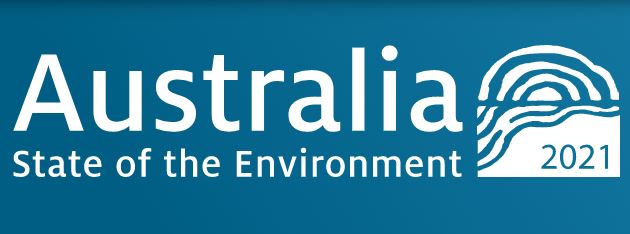The Curious Climate Schools project, led by CMS member Chloe Lucas and Gabi Mocatta was highlighted in the article "Q&A: School students’ connecting with experts on climate change", in Teacher Magazine.
Find more about the Curious Climate Schools project.
The journal One Earth put together a collection of their key articles that highlights the challenge we face, the shortcomings of past efforts, and potential solutions to help ensure we are successful in bending the biodiversity curve and achieving the 2050 vision. Several of Assoc Prof Vanessa Adams papers were featured, and one from CMS Director Prof Gretta Pecl that was published together with our Future Seas and Species on the Move Collaborators Dr Tero Mustonen and Chief Edwin Ogar.
Find the collection here: https://www.cell.com/one-earth/collections/biodiversity-conservation
The Centre for Marine Socioecology is looking for a new Executive Support Officer.
The Executive Support Officer works under the broad direction of the CMS Director and Deputy Director providing high-level support and advice that support the operations of the CMS and facilitates the achievement of our mission. This includes financial management, documentation management, workplace health and safety responsibilities, project management, regular liaison with the university and other external stakeholders, planning of events, and coordination of communication across the different components of the Centre.
Please find more information about the role, selection criteria and how to apply here.
Applications close: 14 Dec 2022 Tasmania Daylight Time
Dr Chloe Lucas representing the Curious Climate Schools team has been awarded the the Eric and Wendy Schmidt Awards for Excellence in Science Communication from the US National Academies for Science, Technology and Medicine in the category Science Communication by Early Career Research Scientist for the project Curious Climate Schools "Answering students' questions about climate change". Congratulations Chloe !!
Dr Chloe Lucas' award was highlighted in the article "Excellence in Science Communication" by UTAS Media. Read article here
We would like to congratulate all the CMS members who received CoSE Awards.
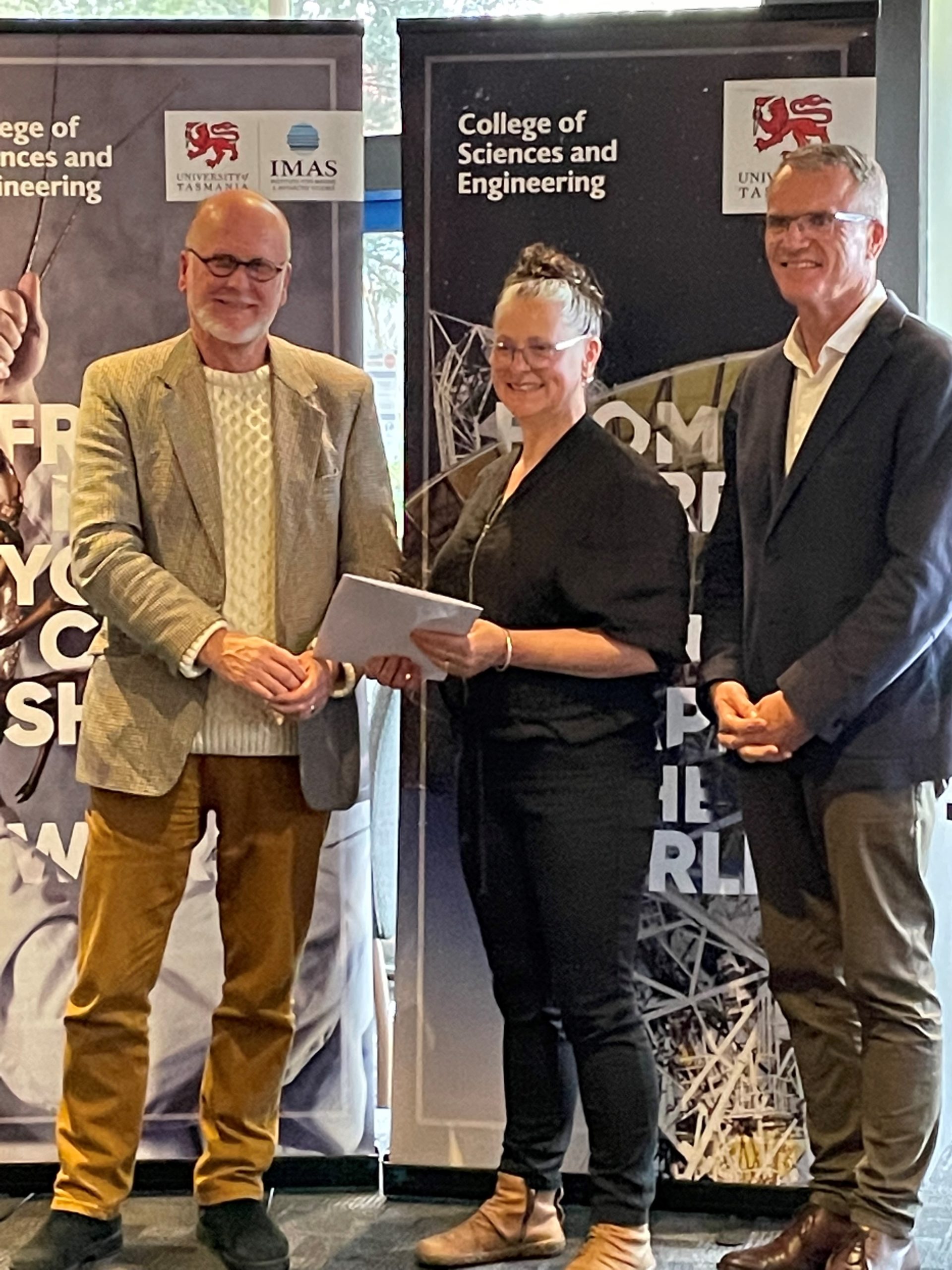
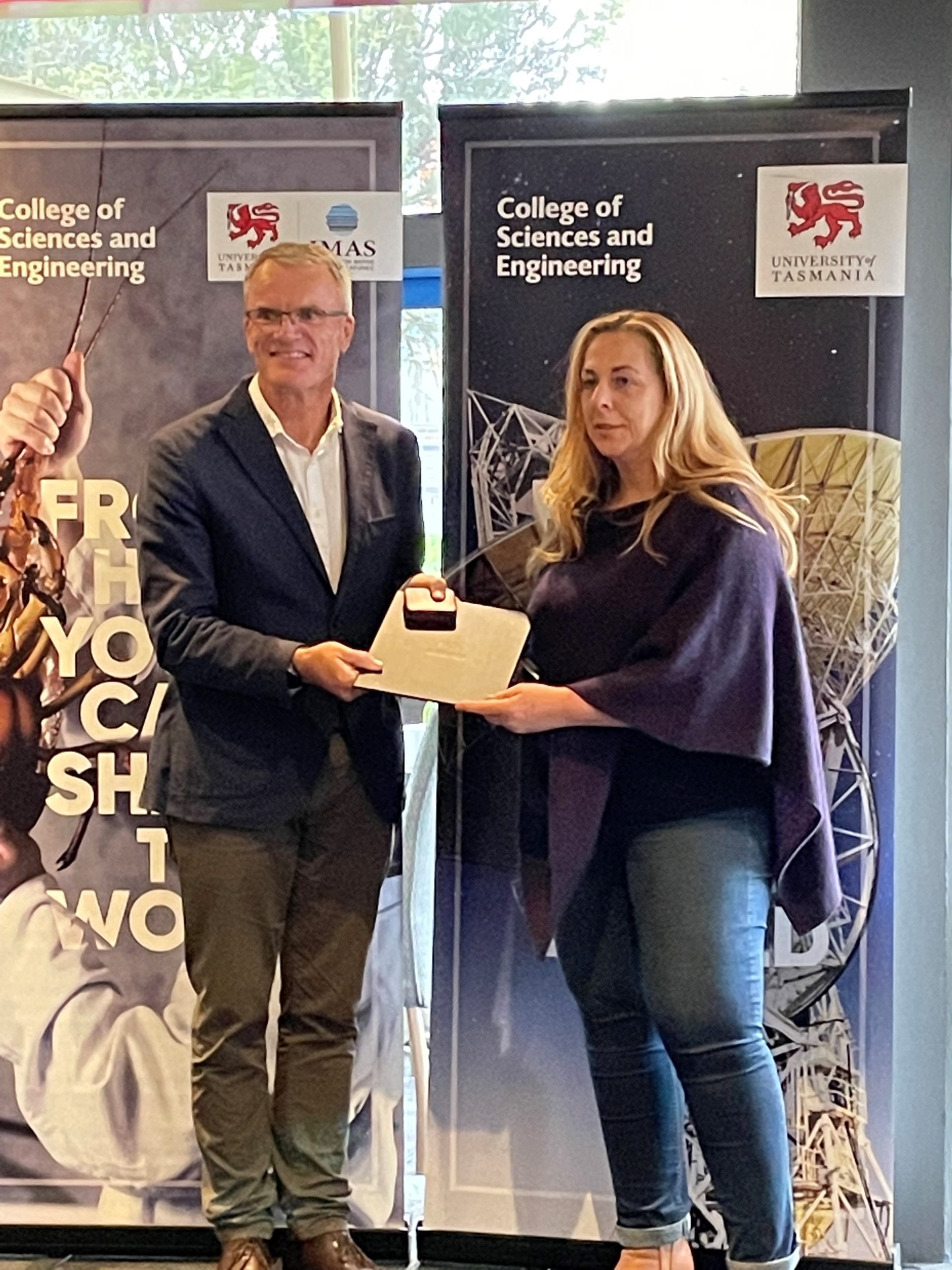
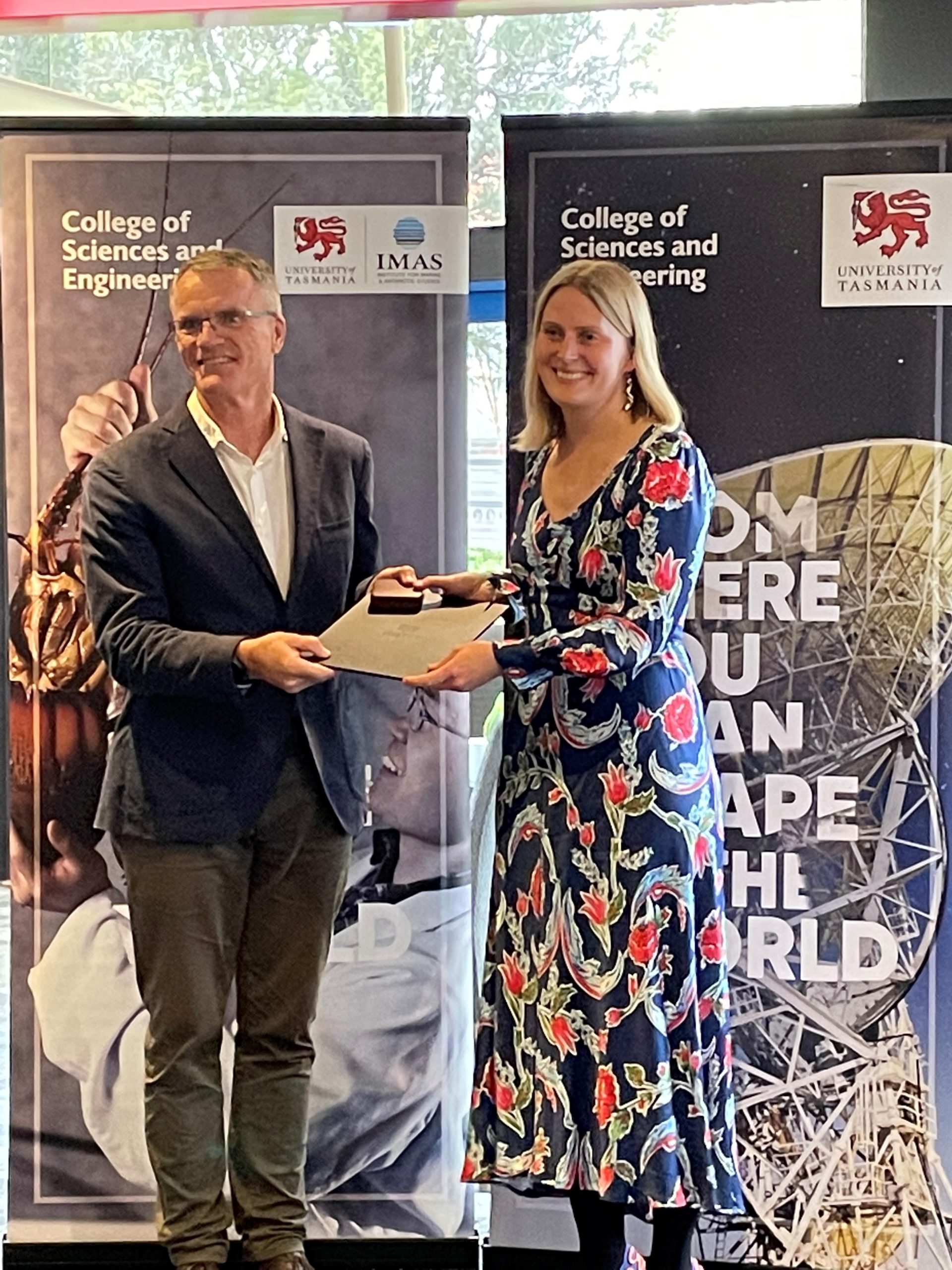
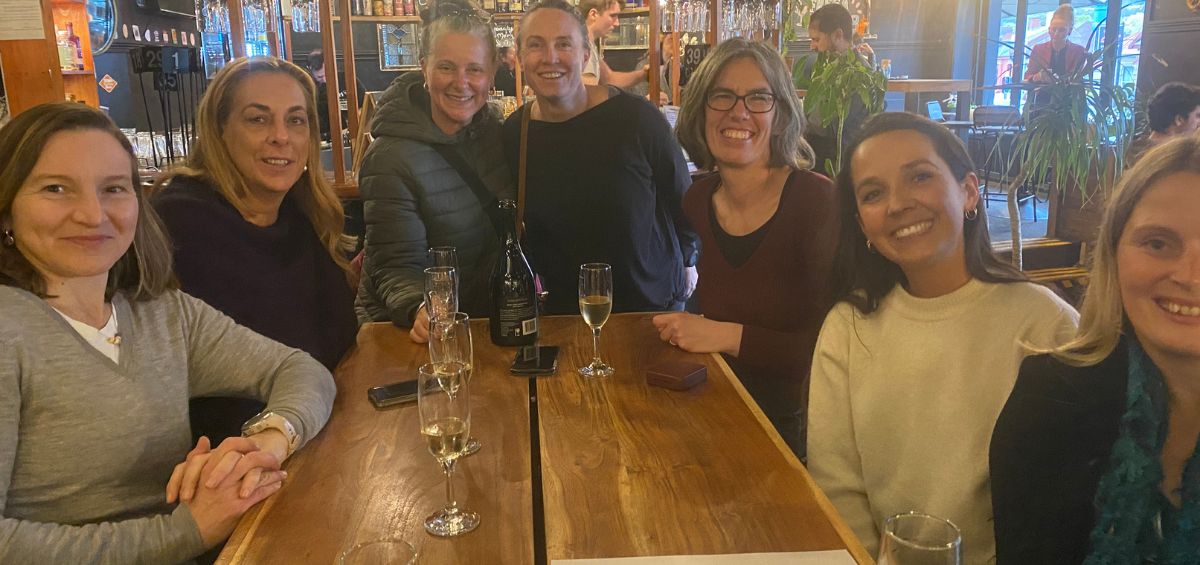
Read newsletter here
Prof Barbara Nowak presented a keynote plenary session at ICOPA2022 in Copenhagen, Denmark, during 21-26 August 2022. ICOPA is the official academic event of the World Federation of Parasitologists (WFP) and one of the biggest highlights in parasitology, run every four years.
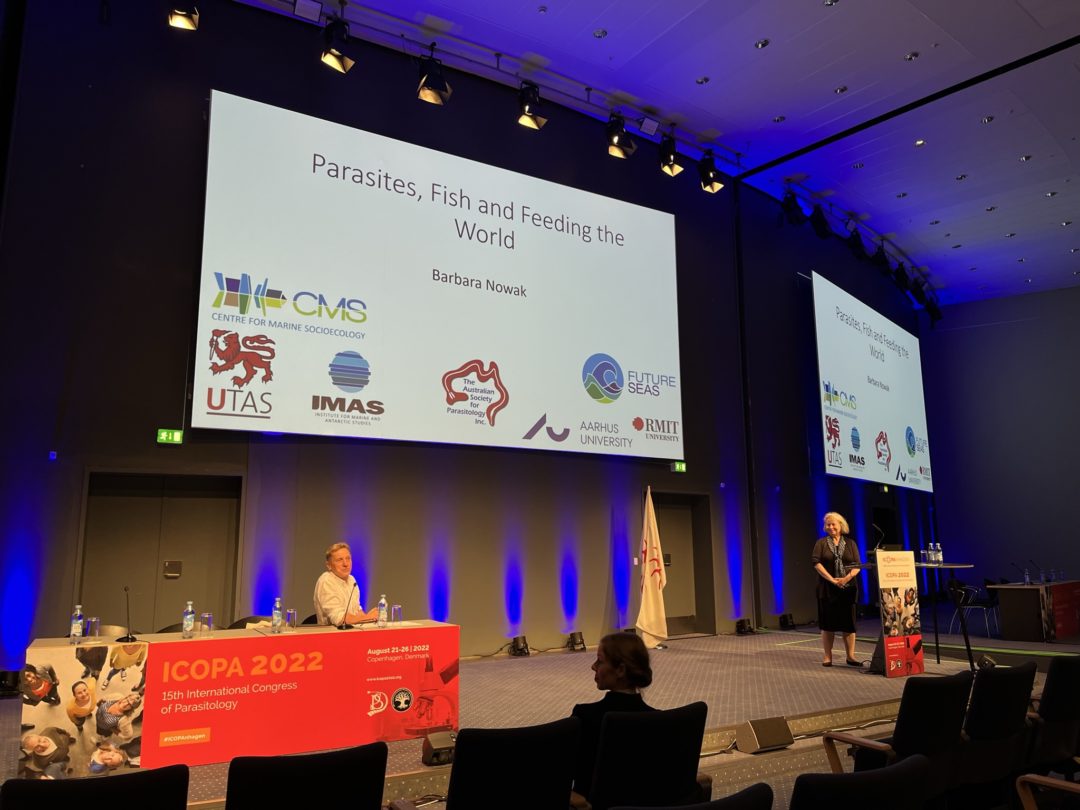
CMS member Dean Greeno was interviewed in this article about how climate change is affecting the Maireener/rainbow shells and what it means for the Tasmanian aboriginal culture.
Read article here
Find out more about Redmap project and how Australia's fishers, divers and other ocean users' information submitted to Redmap has been instrumental in documenting species on the move around Australia's coasts over the past decade. This article, by CMS Director Gretta Pecl, Dr Barrett Wolfe and other collaborators, was published in The Conversation.
* Cover photo: a hairtail blenny submitted by Redmapper Jacob Bradbury. This species is one of the 77(!) moving south that we report on in the article.
The SoE is an independent and evidence-based review, delivered every 5 years as a requirement of the EPBC Act, providing a comprehensive and authoritative assessment of the state of Australia’s environment. It aims to help shape policy and action, influence behaviour and assists in assessing our interventions as stewards of the Australian environment.
The Marine chapter of the state of the environment (SoE) report provides an overarching synthesis of the state and trend of Australia’s marine environment, key pressures on the environment, and the management structures that are in place to support the sustainability of the marine environment and marine industries. For the first time, it also aims to integrate Indigenous knowledge and perspectives. It was led by CSIRO-based CMS researchers (acting as independent experts on behalf of the Department of Climate Change, Energy, the Environment and Water) and written in collaboration with more than 200 marine experts from around Australia, including Traditional Owners.
Key findings from the chapter are that:
Four of the lead authors for the chapter are CMS members (Rowan Trebilco, Mibu Fischer, Karen Evans and Alistair Hobday), and an additional 12 CMS members authored assessments and case studies (i.e. were “contributing authors”): Scott Condie, Anna Farmery, Beth Fulton, Denise Hardesty, Marcus Haward, Mark Hemer, Cayne Layton, Barb Nowak, Em Ogier, Gretta Pecl, David Smith and Chris Wilcox. Ingrid van Putten, Rich Little, Mark Hemer and Jo Vince also contributed as peer reviewers of assessments/case studies.
Find report here
